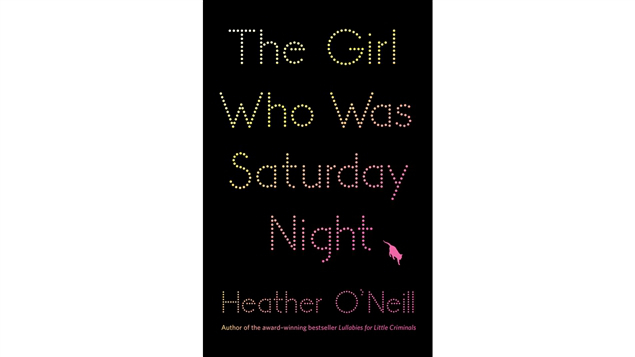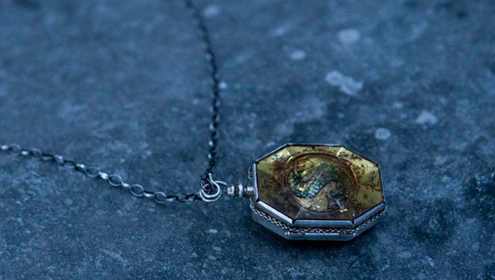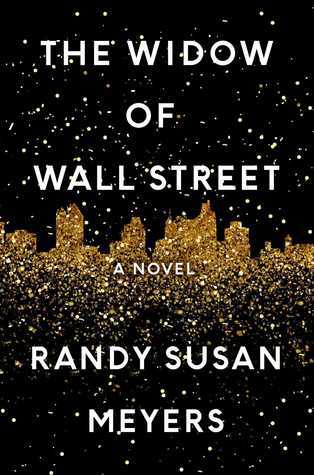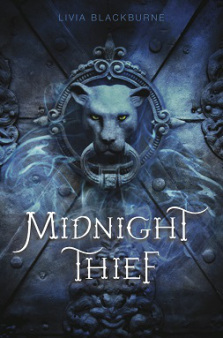 My novel choice
My novel choice
The Girl Who Was Saturday Night is a novel by Heather O’Neill set in run-down, 1990s Montréal. Nineteen year old Nouschka Tremblay and her twin brother Nicolas struggle to get through life: they dropped out of high school and spend what little money they have unwisely. Their father, Étienne Tremblay, was a famous Québécois folksinger who went on a decline and now lives off government cheques, occasionally taking trips to prison. During Étienne’s peak popularity, he dragged Nouschka and Nicolas on talk shows and other public events, using his children to appeal to the audience. Their mother was a young girl who was seduced by the legendary Étienne Tremblay, and gave birth to the twins at age fourteen. As such, Nouschka and Nicolas had a wild, unstable childhood, with no one to depend on but each other.
Throughout The Girl Who Was Saturday Night, I watched Nouschka undergo an archetypal character arc. Nicolas’s character simply became progressively more intense..
The Tremblay twins begin the book as the archetypal character the Orphan. They grew up without a proper guardian to care for them and to keep them out of trouble. They don’t have a curfew or any restrictions, so they do whatever they please: drinking, smoking, doing drugs, and having sex. “Without a loving mother, the Orphan must go on their own to discover who they are and what they should be doing” (“Top 12 Character Archetypes”). Many well-known adventurers and heroes are orphans, because they don’t have anyone restricting their actions and go on whatever adventure they wish. A popular Orphan that the Tremblay twins resemble is Peter Pan. Like Nouschka and Nicolas, Peter Pan has no supervision and does whatever he wants to, travelling between worlds and going on self-imposed adventures.
 Peter Pan flying free, going on whatever adventure he pleases.
Peter Pan flying free, going on whatever adventure he pleases.
As the story progresses, I saw Nouschka become the Explorer, a type of Individualist “who always seeks the next horizon” (“Top 12 Character Archetypes”). Nouschka has always had Nicolas by her side, and there was never a secret between them. However, Nouschka signs up for night classes so she can get her high school diploma, go to university, and make something of herself – Nicolas does not join her. This is the first time one twin has ever done anything without the other: “It seemed as if everyone had told me to stay away from Nicolas that day. Even myself” (O’Neill 33). Nouschka’s night classes lead her to a good job that challenges herpositively: “I really liked the job. I was always busy and having to figure out something new” (O’Neill 203). Later on, Nouschka starts dating a man who Nicolas does not like: Raphael. Despite her brother’s hatred for Raphael, Nouschka’s love leads her to marry him. She moves out of the tiny apartment and bedroom that she shares with Nicolas, and moves in with Raphael. She separates from Nicolas and becomes her own person, her own individual. She is also trying to outrun her father’s legacy. She wins a beauty pageant just because she is the daughter of Étienne Tremblay, not because of her own beauty or skill: “‘Aren’t you Étienne Tremblay’s kid? Little Nouschka Tremblay!’ … Plainly, I just got the title because of who I once had been” (O’Neill 8-9). A well-known Individualist is Ron Weasley from the Harry Potter series. He is referred to as “Harry Potter’s friend” or as “another Weasley,” not as his own person. Throughout the series, Ron tries to build an identity for himself, as opposed to being someone known by association to another person. He is taunted by a Horcrux, saying that he is nothing compared to Harry Potter: “Who could look at you beside Harry Potter? What are you, compared with the Chosen One…?” (Rowling 306). Both Nouschka and Ron try to find their own, unique identities in their stories.
 Slytherin’s locket, the Horcrux that taunts Ron.
Slytherin’s locket, the Horcrux that taunts Ron.
Nicolas is the Jester. He gets away with all of his petty crimes, like robbing a gas station: “Nicolas’s art of thievery resided in his ability to rob places that would simply never occur to anyone else on earth” (O’Neill 355-356). He never takes anything seriously, despite having a two-year old son who he can’t pay child support for. Nicolas is also the Rebel. He doesn’t like to follow instructions or be told what to do. A well-known Rebel is Katniss Everdeen from The Hunger Games series. She breaks countless rules in the strict society of Panem, in her home District and when she is participating in the Hunger Games. The difference between Katniss and Nicolas is that Nicolas breaks rules because he can, but Katniss breaks rules because the rules are unreasonable.
 Katniss hunting for food illegally.
Katniss hunting for food illegally.
A symbol used often in The Girl Who Was Saturday Night is the rose, which “is considered a symbol of balance. The beauty of this flower expresses promise, hope, and new beginnings. It is contrasted by thorns symbolizing defense, loss, and thoughtlessness” (“Rose Tattoo Symbolism”). Each colour of rose has a different meaning, a variety of rose colours are used in this book: “The rose patterned radiators were spray-painted gold” (O’Neill 239)..
 Red roses.
Red roses.
I got a bit carried away and finished my book, so I can’t really make any predictions for the rest of it…
Works Cited O’Neill, Heather. The girl Who Was Saturday Night. London: Quercus, 2015. Print. “Rose Tattoo Symbolism.” Underground Ink CNY. N.p., n.d. Web. 12 July 2017. Rowling, J. K. Harry Potter and the Deathly Hallows. London: Bloomsbury, 2014. Print. “Top 12 Character Archetypes.” GreatStorybook.com. N.p., 14 Feb. 2017. Web. 12 July 2017.Advertisements Share this:





